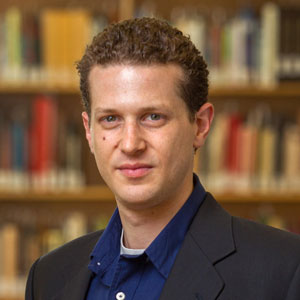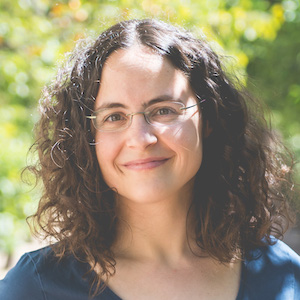The awards went to Amitai Shenhav, assistant professor of cognitive, linguistic and psychological sciences at Brown University, and Anne Collins, a former postdoctoral researcher at Brown who is currently an assistant professor in the Department of Psychology at the University of California, Berkeley.
Every year, the society presents two Young Investigator Awards to a male and a female scientist for outstanding contributions early in their scientific careers. Shenhav and Collins will be recognized and present their work at the society’s annual meeting on March 16.
Motivation, decision-making and cognitive control

Shenhav’s research is focused on examining the computational and neural mechanisms at the intersection of decision-making and cognitive control, with a particular focus on how people weigh the costs and benefits of engaging in cognitively demanding tasks.
“We try to disentangle what the elements are that go into a decision to engage in an effortful task,” Shenhav said.
Researchers in his lab are examining how people may weigh the long-term payoff for performing a task, against the immediate effort required of it, and how they also weigh the fact that sometimes the work that they put into a task won’t actually matter for whether the payoff occurs, Shenhav said.
“We are studying what goes through somebody's mind when they're deciding how much effort to exert,” he said, adding that his group is also investigating why people respond differently to the incentives for performing a task.
For Shenhav, the Young Investigator Award serves as a reminder of the importance of interdisciplinary research. “It validates the efforts that all of my trainees and collaborators have been putting in,” he said.
Computational neuroscience

Collins worked as a postdoctoral researcher for five years in the lab of Michael Frank, the director of Carney’s Center for Computational Brain Science. Her work at Brown focused on computational neuroscience, with an emphasis on “biologically realistic neural networks.” Now at the University of California, Berkeley, her lab studies how human learning works and the ways in which it is more advanced than other animals’ learning processes. Like Shenhav, Collins’ work also considers the intersection of executive function and decision making.
As a woman in the computational sciences, a young parent and an international researcher who is not a native-English speaker, Collins said it is important to emphasize diversity in science, and she hopes this award is a reminder of that for others. She added that “academia could do much better at supporting this, but it's going in the right direction.”
Looking forward to future work, Collins said her lab will continue to take an interdisciplinary approach, possibly working with experts in artificial intelligence to better understand the mechanisms underlying people’s ability to learn in a flexible fashion. She said the award will help “build more bridges” with collaborators.
“There's no hope of getting too far if we don't have this very multi-directional approach,” she added.